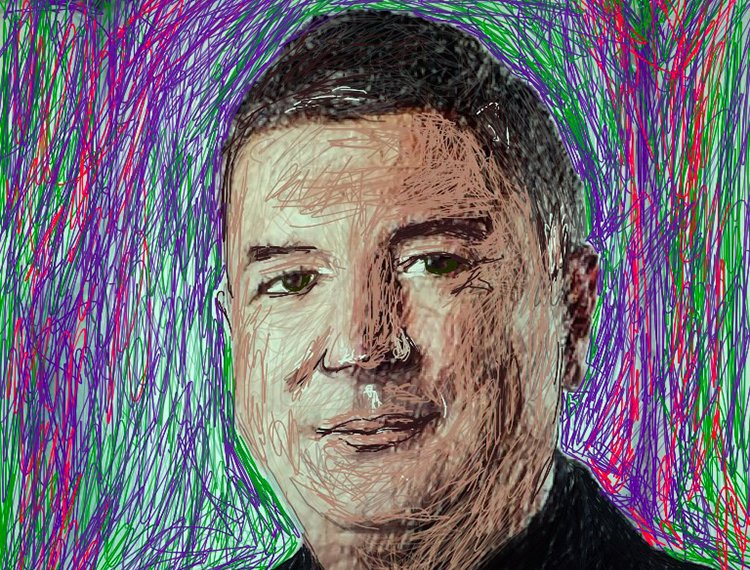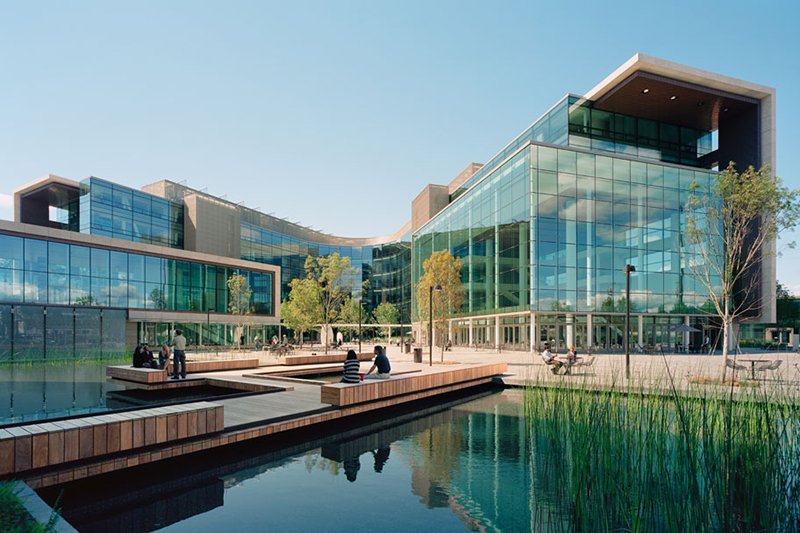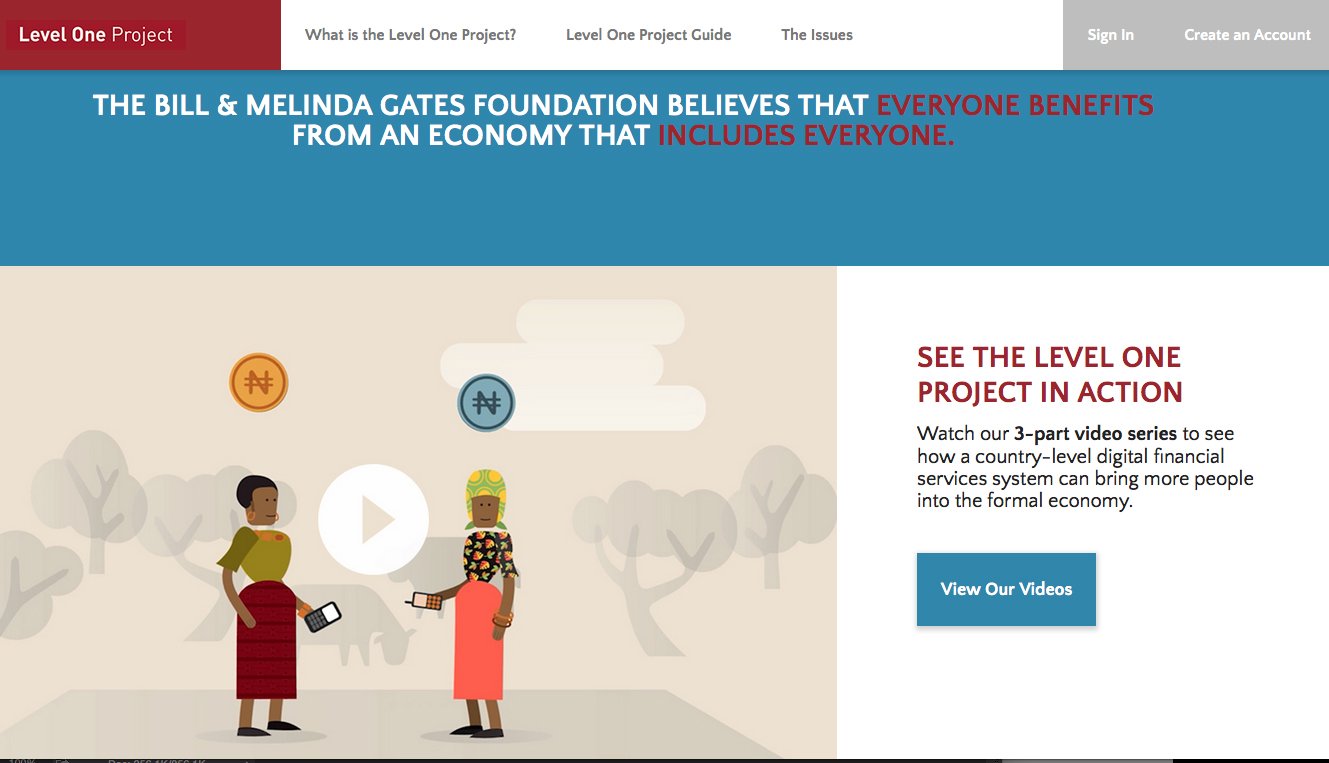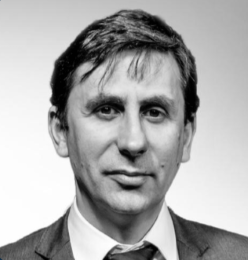
In the follow up of the part one of the interview with Kosta Peric we publish now its second part, where Kosta Peric speaks about his work with the Bill and Melinda Gates Foundation.
Your metaphors and graphics show a realistic world changing fast, but worldwide businesses and corporations are still struggling with innovation and change. How do you see that going from the theory to practice?
The tech-driven innovation in financial services is already underway. We have new technology players getting increasingly more involved, and we’re seeing movement from pioneering business players, such as Citi, Barclays and BBVA. Now, we need to consider how to make these innovations available to all the incumbent players. There is a huge opportunity for consulting companies, innovation management outfits, or even organizations like SWIFT or industry associations, to step in and teach the rest of the industry what the pioneers have adopted.
Digital money – blockchain and Bitcoin – are accelerating the world flow of innovation toward money. How do you see this in a so complex financial and economic world scenario?
Bitcoin and blockchain are intriguing innovations, it’s true, but I see them more as part of the payment technology revolution—a bit like the transistor that revolutionized the electronics industry. Distributed ledgers and the blockchain represent a fundamental advance in technology, but the impact—as was the case with the transistor—will be mostly on business models. If you can reduce inter-bank settlement time from one business day to just seconds by using blockchain, then you’ll see a true business model disruption.
In the end, if the technology is relatively simple, the real question is how to deploy it in a way that is controlled and managed. And in the case of digital currencies, it is paramount that regulators be on board. If they are not, any deployments will ultimately fail.
You wrote: “Building a digital economy that benefits everyone takes more than just getting the right technology and infrastructure in place. Economies are about people, first and foremost—and of people” Can you elaborate on that and how to go from theory to practice?
Innovations in the financial industry ultimately have to serve the people using it. We can no longer simply leave a third of humanity unserved and unconnected. So, we need to not only think about how FinTech benefits the people in developed countries who already have accounts and smartphones, we also have to think about the 2 billion people who lack access to the global financial system, and how we can help improve their lives.
Bill and Melinda Gates Foundation – Financial inclusion and Social Enterprise;

Can you tell us about your role in the Foundation?
I am the Deputy Director of the Gates Foundation’s Financial Services for the Poor team, which manages a number of diverse projects dedicated to bringing digital financial services to everyone around the world. I currently lead the Level One Project, which is our initiative to create inclusive, interoperable digital economies in every country. The central theme is the creation of a national payments infrastructure that connects the existing financial system to a new digital payment platform, ultimately fostering the higher use of both systems and increasing the levels of financial inclusion (the “level” and “one” in the name reflect the level playing field brought by one infrastructure connecting all the providers).
I believe this can happen in a relatively short time frame – thus the “project” in the name. Once complete, such infrastructures will enable financial services providers (incumbent or new) to focus on issues such as engaging customers and providing added-value services.
What is the Bill and Melinda Gates Foundation presently doing with financial inclusion / innovation and what are your goals?
We’re at a unique time right now. With the rise of digital infrastructure and the widespread adoption of mobile technology all over the world, we finally have the means to create an economy that includes everyone and benefits everyone. That’s the essence of the Level One Project. Creating such an economy would help to provide billions with the means to work toward financial stability and opportunity—and bring a vast, currently untapped market into the global financial system.
How do you see financial innovation, mobile money and the objective of raising people out of poverty by 2030 in the overall role and goals of the Foundation?
Access to and use of financial services has a crosscutting effect that goes beyond helping to establish financial stability – it impacts health, education, agriculture and more by making it easier for individuals to transact, save and plan for the future. And digital financial services have a particular impact because they meet the unique needs of the poor by being low cost and easily accessible, whether you’re in a city or a rural village.
The promise of digital financial systems to build an inclusive economy is enormous, which is why it’s a major priority for the Gates Foundation. We believe that by working with partners worldwide, the lives of people in poverty will improve more rapidly in the next 15 years than at any time in history, and digital financial services can play a major role in achieving this ambitious goal.
How many people are living on less than $2 a day, and how can the Foundation do something about it with all the geopolitics challenges we have presently? This in a fast growing world economy, marked by excessive debt, black market economy, cybersecurity on one hand and disruptive innovation on the other?
More than 2 billion worldwide currently lack access to financial services of any kind—and it’s for these people that digital financial systems can be most beneficial. Such a system can provide financial services that will allow poor families to make investments in their future, limit risk and weather unexpected shocks. Certainly, the challenges of the digital world are important to consider, and we must confront these issues seriously. This is why we’ve conducted extensive research into the risks of digital payments. What we’ve found is that while there are concerns about security, it’s a similar threat to what traditional banking services are experiencing right now. The best solution to these issues is increased collaboration across stakeholders: providers, regulators, telecoms and other organizations, can learn from each other. These risks may be new to one group, but very familiar to another. We’re helping to play that convening role to ensure these systems are safe and truly benefit everyone.
There are 2.5 billion people in the world who don’t have access to any kind of financial account. How can you change that in an effective way without falling into the traps of the current finance and capital markets industry?
Actually, in the last three years, 700 million people have gained access to financial services. We are making incredible progress, but there is still much to be done. The way we will include those people is through a coordinated commitment across sectors. Policymakers, regulators, businesses, and nonprofits all have a role in changing each nation’s economy. Getting these players on board with a collaborative plan for financial inclusion in their respective countries will help ensure we create an effective and secure system that includes everyone.
Financial inclusion needs are as important as social inclusion, education and novel business models such as the ethical social enterprise culture. What are your views on that?
Financial inclusion is actually tied to a number of sustainable development goals—it’s an effective means of not only helping to alleviate poverty and hunger, but also providing equal opportunity for more people. For example, what we’ve found is that financial inclusion is a big boon to education, as families are able to better plan and manage school-related expenses and send their kids off to school. It impacts health and agriculture as well, allowing people to pay their bills digitally or efficiently buy necessary supplies like fertilizer to grow crops. It also helps promote gender equality, as it gives women greater financial authority in the home.
Do you think raising the awareness and education for open business and social enterprise – with its implicit shift towards social innovation and social good – would make the world economy change and improve? What is the Foundation actually doing to make this happen?
True financial inclusion involves not only the participation of the unbanked poor, but also providers, governments, telecoms and other organizations. That’s why we say that the Level One Project is about partnership, because it takes collaboration to build an economy that truly includes and benefits everyone.

MPESA success is a critical case study in mobile money in Africa, but difficult to repeat because it has distinct unusual features. How do you see mobile money and the difficulties of scaling it in an effective and ethical way?
M-PESA is the most famous success story in this area, but it’s certainly not alone. For example, nine of the 15 countries in the Southern African Development Community have banded together to form the SADC Integrated Regional Electronic Settlement System, or SIRESS. It’s a cross-border payments system based on collaboration that has allowed these nations to manage the immense flow of remittance payments from those living abroad. In just two years, it has already completed transactions totaling more than US$100 billion.
I mention SIRESS because it’s an important example of innovation that didn’t come from a provider. Instead, these countries came together to tackle this challenge, which has spurred greater cooperation and a number of benefits for participating nations. Innovation can come from anywhere, and it’s a good example of why there’s no one path to financial inclusion—there are challenges unique to every nation in the world that must be addressed differently. Another good example, this time on a national basis, can be observed in Peru with their “Modelo Peru” system.
How do you overcome those factors in countries that don’t have infrastructure, technology network, and government support or agency network?
This is a challenge, and it’s why we’ve built a prototype platform that can be adapted depending on the unique needs of each country. Importantly-and this is the same in every country—collaboration among key stakeholders in both the public and private sectors is vital no matter how advanced the country’s infrastructure may be.
In the public communication about the Foundation that went out in 2015, there is an ambition to raise all people out of extreme poverty globally by 2030. How is the ambition been adapting and what are the present goals?
This has been a big part of the Gates Foundation’s vision for the next 15-20 years. Our goal for financial inclusion is for 80 percent of all adults—including 60 percent of the world’s poorest—to actively use a digital account and manage their money digitally by 2035. While this may seem like an extremely ambitious goal, 90 percent of the world’s population is already covered by a mobile signal, and UNESCO estimates that more than six billion people already have access to mobile phones.
That’s why we’re at such a unique time in history. We finally have the real, unprecedented chance to create lasting change that can lift billions out of poverty and include them in the global financial system for the benefit of all. It’s time to take action.
Universal Financial Inclusion – Interview with Kosta Peric Part 1

Dinis Guarda is an author, academic, influencer, serial entrepreneur, and leader in 4IR, AI, Fintech, digital transformation, and Blockchain. Dinis has created various companies such as Ztudium tech platform; founder of global digital platform directory openbusinesscouncil.org; digital transformation platform to empower, guide and index cities citiesabc.com and fashion technology platform fashionabc.org. He is also the publisher of intelligenthq.com, hedgethink.com and tradersdna.com. He has been working with the likes of UN / UNITAR, UNESCO, European Space Agency, Davos WEF, Philips, Saxo Bank, Mastercard, Barclays, and governments all over the world.
With over two decades of experience in international business, C-level positions, and digital transformation, Dinis has worked with new tech, cryptocurrencies, driven ICOs, regulation, compliance, and legal international processes, and has created a bank, and been involved in the inception of some of the top 100 digital currencies.
He creates and helps build ventures focused on global growth, 360 digital strategies, sustainable innovation, Blockchain, Fintech, AI and new emerging business models such as ICOs / tokenomics.
Dinis is the founder/CEO of ztudium that manages blocksdna / lifesdna. These products and platforms offer multiple AI P2P, fintech, blockchain, search engine and PaaS solutions in consumer wellness healthcare and life style with a global team of experts and universities.
He is the founder of coinsdna a new swiss regulated, Swiss based, institutional grade token and cryptocurrencies blockchain exchange. He is founder of DragonBloc a blockchain, AI, Fintech fund and co-founder of Freedomee project.
Dinis is the author of various books. He has published different books such “4IR AI Blockchain Fintech IoT Reinventing a Nation”, “How Businesses and Governments can Prosper with Fintech, Blockchain and AI?”, also the bigger case study and book (400 pages) “Blockchain, AI and Crypto Economics – The Next Tsunami?” last the “Tokenomics and ICOs – How to be good at the new digital world of finance / Crypto” was launched in 2018.
Some of the companies Dinis created or has been involved have reached over 1 USD billions in valuation. Dinis has advised and was responsible for some top financial organisations, 100 cryptocurrencies worldwide and Fortune 500 companies.
Dinis is involved as a strategist, board member and advisor with the payments, lifestyle, blockchain reward community app Glance technologies, for whom he built the blockchain messaging / payment / loyalty software Blockimpact, the seminal Hyperloop Transportations project, Kora, and blockchain cybersecurity Privus.
He is listed in various global fintech, blockchain, AI, social media industry top lists as an influencer in position top 10/20 within 100 rankings: such as Top People In Blockchain | Cointelegraph https://top.cointelegraph.com/ and https://cryptoweekly.co/100/ .
Between 2014 and 2015 he was involved in creating a fabbanking.com a digital bank between Asia and Africa as Chief Commercial Officer and Marketing Officer responsible for all legal, tech and business development. Between 2009 and 2010 he was the founder of one of the world first fintech, social trading platforms tradingfloor.com for Saxo Bank.
He is a shareholder of the fintech social money transfer app Moneymailme and math edutech gamification children’s app Gozoa.
He has been a lecturer at Copenhagen Business School, Groupe INSEEC/Monaco University and other leading world universities.











